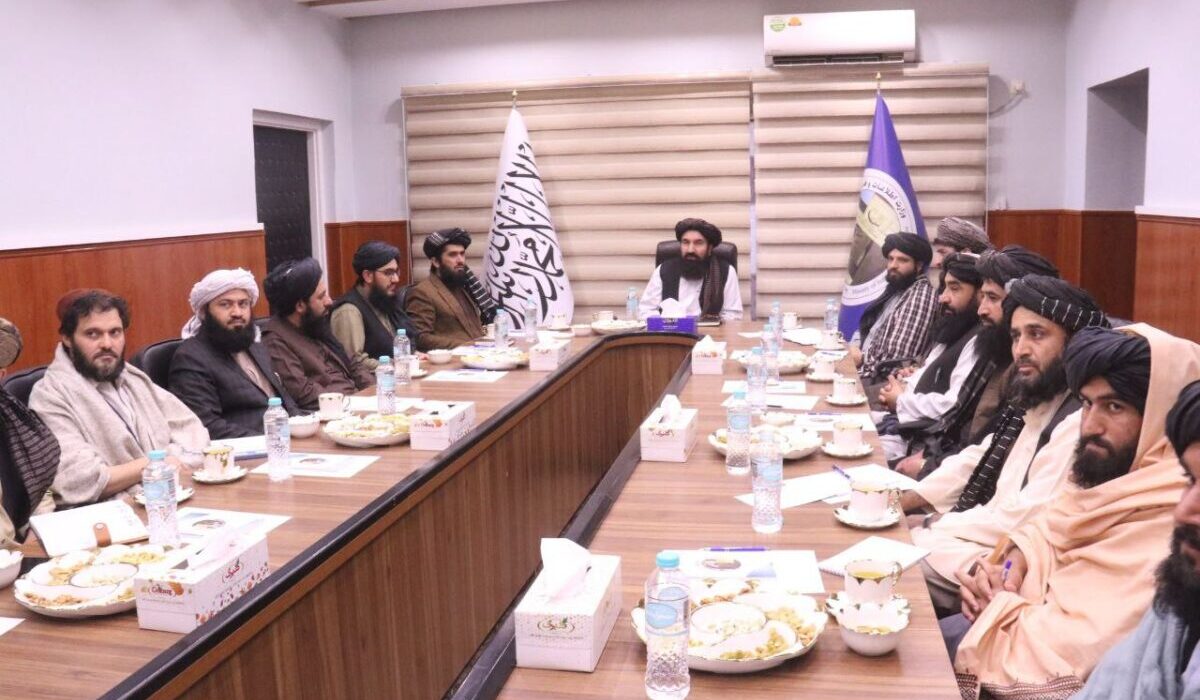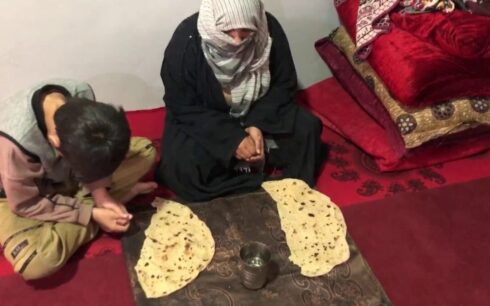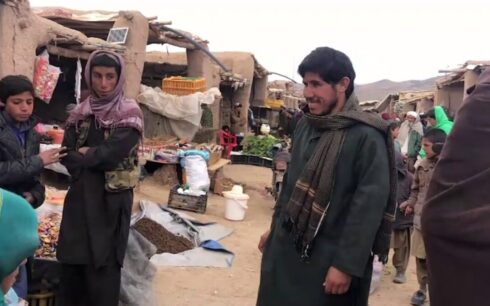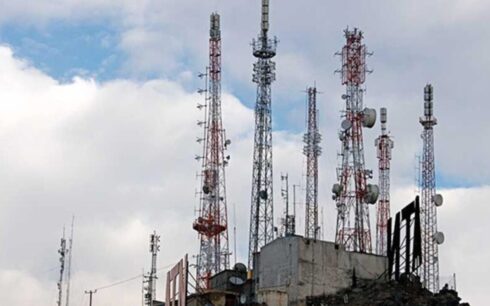The Taliban announced on Sunday the creation of a new administrative office called the Directorate for the Preservation of Jihadi Values. According to Khairullah Khairkhwa, the Taliban’s minister of information and culture, the office is tasked with “keeping alive the values of jihad and its history.”
At a meeting with officials from the new directorate, Khairkhwa outlined its three main functions: producing audio-visual content, establishing a “jihadi museum,” and documenting historical events.
The Taliban said the museum would collect and archive artifacts from Afghanistan’s conflicts with Britain, the Soviet Union, and the United States.
Focus on madrassas
A report by the Middle East Institute previously warned that the Taliban’s emphasis on expanding religious education through an increasing number of jihadi madrassas could contribute to the rise of extremism.
The report cautioned that a new generation of militants, potentially “more dangerous” than the current Taliban leadership, might emerge as a result.
Since returning to power, the Taliban have prioritized establishing and expanding religious schools, as well as administering tests on “Emirate Studies.”
According to official statistics from the Taliban-run Ministry of Education, the construction and restoration of madrassas have surged under their administration.
In November alone, six new madrassas were built or renovated in the provinces of Kapisa, Farah, Badakhshan, Baghlan, Khost, and Ghazni at a cost of nearly 24 million afghanis ($300,000).
In the same period, 370 students graduated from Noor-ul-Madaris in Ghazni, and another 200 completed studies at Dar-ul-Uloom Arabi in Kabul.
Senior Taliban cabinet members, including Education Minister Habibullah Agha and Minister for Refugees Khalil-ur-Rahman Haqqani, attended the graduation ceremonies.
A dramatic shift in education
Under the Taliban, the number of religious schools has reportedly risen to over 21,000 nationwide, with more than three million students enrolled. This equals the total number of schools countrywide.
This focus on religious education comes amid the Taliban’s continued ban on girls’ education beyond the sixth grade, a decision that has drawn widespread condemnation from the international community.





